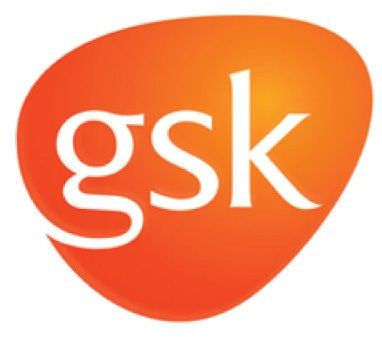Indian Government Invalidates GSK's Patent For Breast Cancer Drug Tykerb: Will GSK Appeal The Decision?

The Indian government has revoked a patent that was awarded to GlaxoSmithKline (GSK) for its breast cancer drug Tykerb. This follows a previous ruling by the government that a drug named Gleevec used as a first line of defense against chronic myelogenous leukemia (CML), a type of blood cancer, would not be covered under patent protection.
The reason that the Indian government is saying that it is not honoring these patents is that the drugs are only modifications of previously existing chemicals, and thus are hard to consider new molecular entities. Many speculate that the government is doing this so that the drugs will be cheap, and generics will be widely available for the country's over one billion citizens.
Previously, GSK cut the price of Tykerb by one-third in India to assuage concerns that GSK was charging too much for the lifesaving drug. India is an attractive market for pharmaceutical and biotechnology companies because of the growing middle class and hundreds of millions of potential customers for their medications.
A similar tactic was used last year for Sutent, a cancer drug made by Pfizer, and an asthma drug from Merck.
The current striking down of the patent for Tykerb was instigated and pursued by an Indian unit of a German healthcare group called Fresenius Kabi Oncology. The unit purported that the active drug molecule in Gleevec (also spelled Glivec) lacked "innovation."
"This decision is just like the landmark Glivec ruling. The IPAB has said that the salt version of lapatinib cannot hold a patent," said lawyer Dominic Alvares of S Majumdar & Co., which represented Fresenius Kabi in the case.
"We are studying the IPAB's decision but maintain our belief in the inventiveness of the lapatinib ditosylate salt and will consider the possibility of taking further steps before the appropriate authorities to validate this," the Indian unit said in an e-mail to Reuters on Friday.
GSK is sure to pursue this because it sets a precedent for other countries to invalidate patents that protect their billion-dollar-a-year drugs from competition for years.
The long-term problem for this and other cases like it is that large companies will not want to develop drugs and spend billions to create treatments if their patent protection can be revoked so easily.
Published by Medicaldaily.com



























